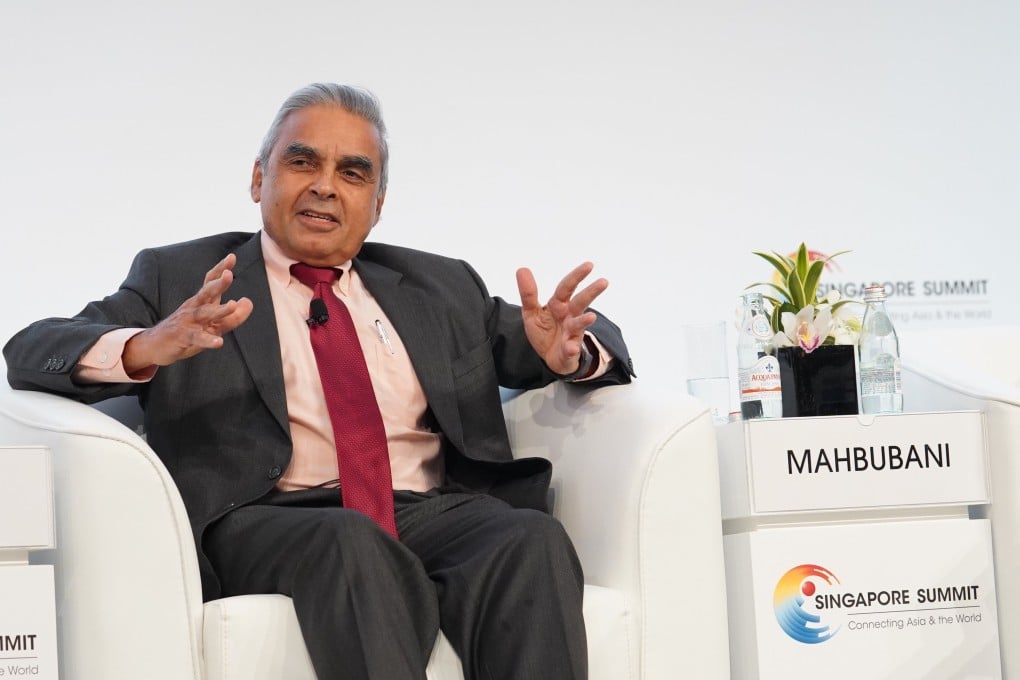Kishore Mahbubani on Singapore’s ‘secrets’ to success and why he annoyed Lee Kuan Yew
- In his book ‘Living the Asian Century’, the veteran diplomat explains the principles behind Singapore’s winning governance model

“One key reason why so many international students enrolled at Lee Kuan Yew School of Public Policy was that they wanted to find out the secret reasons why Singapore had done so well in governance. Hence, to every incoming class, I would give a lecture in which I freely gave away the “secret” of Singapore’s exceptional success. I boiled it down to a simple, easily memorised acronym: MPH. Most people know this acronym well, as they associate it with “miles per hour.” However, in my lecture, MPH stood for meritocracy, pragmatism, and honesty. I also gave the students a 100 per cent guarantee: if they could ruthlessly apply MPH in their countries, their countries would succeed as Singapore had done. And I told them that I had personally applied the MPH principles in building up the Lee Kuan Yew School of Public Policy.

Many of the people selected by us went on to assume more senior leadership positions elsewhere: Stavros Yiannouka went on to become the CEO of the World Innovation Summit for Education in Qatar, Astrid Tuminez went on to become president of Utah Valley University, and Hui Weng Tat became dean of the Nazarbayev University Graduate School of Public Policy in Astana, Kazakhstan. We also looked for talented faculty of all nationalities.
Pragmatism was about the willingness to learn best practices from any source anywhere in the world. Goh Keng Swee said to me, “Kishore, no matter what problem Singapore encounters, somebody somewhere has encountered it before. Let’s find out how they solved it. Then we can adapt their solution for Singapore.” As I told the students, Singapore had succeeded by becoming the best copycat nation in the world.
The Lee Kuan Yew School of Public Policy also succeeded by copying other schools’ best practices. McKinsey had kindly shared many of them with us, and we continued learning more. Quite amazingly, we succeeded so well that within less than a decade, we were admitted into the premier leagues of sister institutions like the Global Public Policy Network (GPPN) and the Association of Professional Schools of International Affairs. Getting into the GPPN wasn’t easy. We had to sign “double-degree” arrangements with the founding schools of Columbia University, the London School of Economics, and Sciences Po.
Before the Lee Kuan Yew Schoo of Public Policy came along, many Singaporean university institutions had succeeded in signing double-degree programme arrangements only by paying a premium. We were probably the first to sign a double-degree programme arrangement with an Ivy League institution without paying a fee. In short, our academic standards were validated by some of the best institutions in our field.
